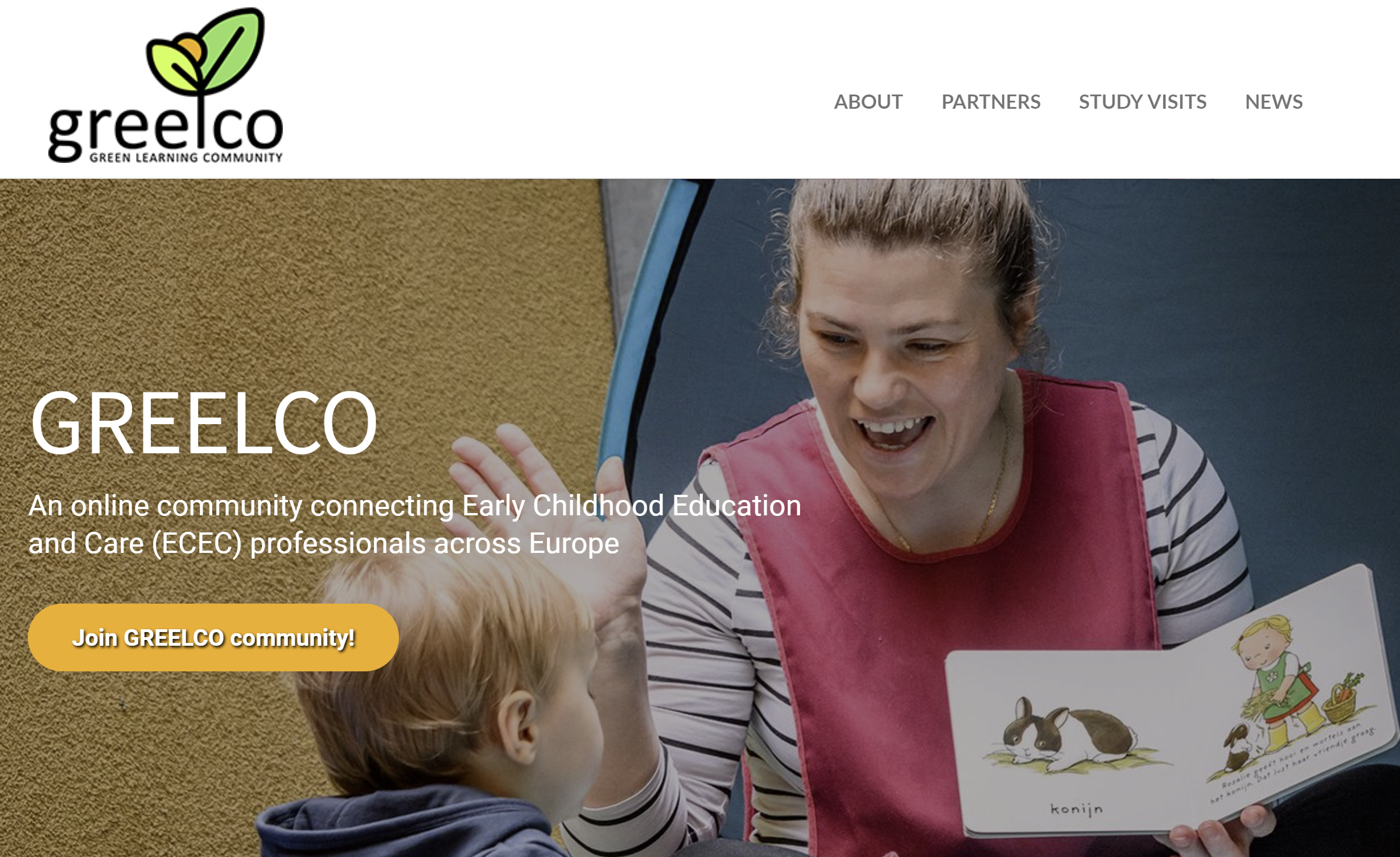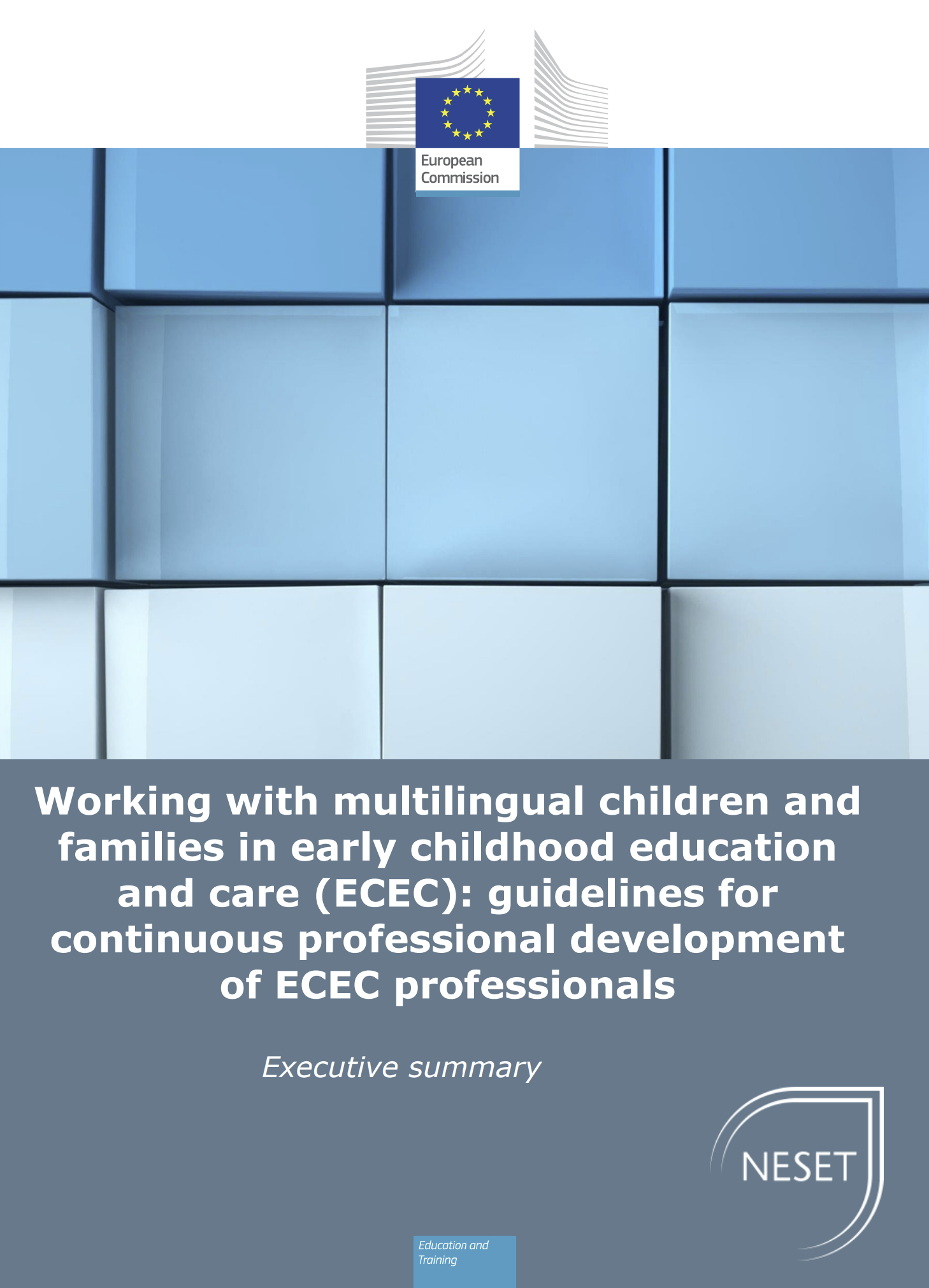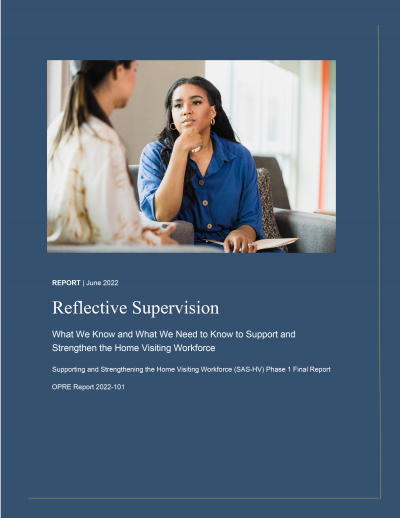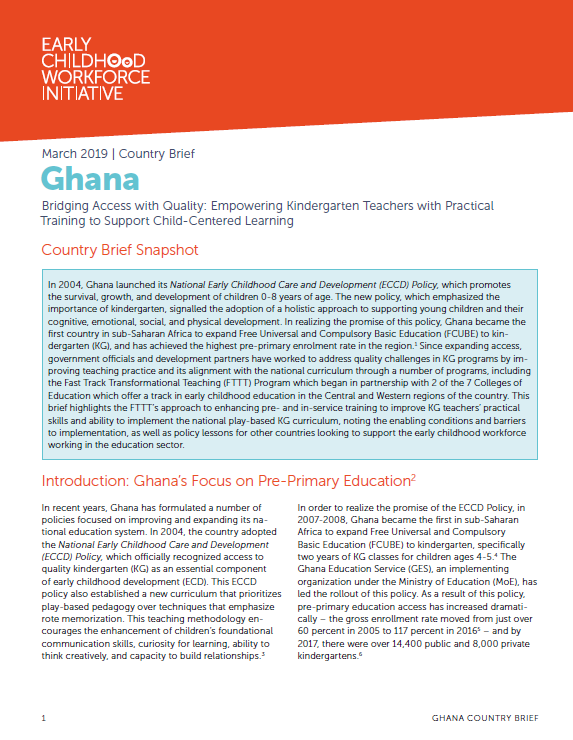GREELCO - Online ECEC professional development platform

GREELCO, Green Learning Community, is an online community designed to connect Early Childhood Education and Care (ECEC) professionals, offering opportunities to enhance their digital skills, share expertise, and reflect on their practices. Registered members can attend and access recordings of previous study visits and receive updates about upcoming ones. These study visits are available both live via Zoom and on-demand in video format.
Why GREELCO Matters:
- Community Learning Across Contexts: GREELCO fosters a community where ECEC professionals from diverse national and educational backgrounds can learn from each other. This exchange of ideas and experiences focuses on implementing child-centered approaches to ensure quality practices in kindergarten classrooms.
- Addressing Professional Isolation: The pandemic has highlighted the issue of professional isolation, limiting opportunities for connection and the sharing of practices. It has also underscored the need to strengthen digital competencies among ECEC professionals.
- International Exchange and Development: Inspired by recent experiences, GREELCO aims to facilitate valuable international exchanges among professionals. Through virtual study visits to eight kindergartens in different European Union countries, GREELCO provides a platform for sharing best practices and innovative approaches.
Access and Participation:
All these resources and opportunities are provided free of charge, accessible virtually from anywhere. The content is prepared by kindergarten professionals for their peers, including kindergarten management and other interested audiences.
Join GREELCO to connect, learn, and grow within a vibrant community of ECEC professionals.
Access the platform here.
Authors:Access the platform










